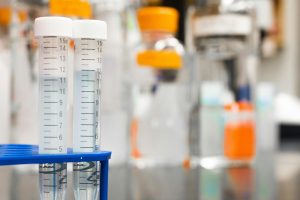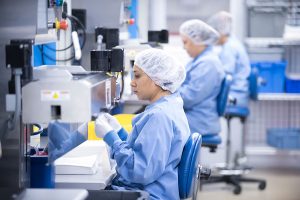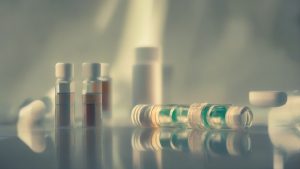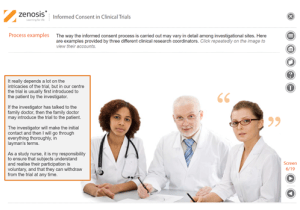New course on Good Laboratory Practice
We are delighted to announce the release of a new course: Good Laboratory Practice [course details].
Good Laboratory Practice (GLP) is a set of rules for the organisation and conduct of nonclinical research. Such research is carried out to acquire data that enable predictions to be made of the effects of test items on human or animal health or the environment. Test items include, as products or their active ingredients, pharmaceuticals, cosmetics, pesticides, food additives, animal feed additives, and industrial chemicals. GLP is also applicable to nonclinical studies of medical devices in some jurisdictions. Test items may be administered or applied to animals, plants, microorganisms, or parts thereof to assess the item’s safety. In the context of drug development, nonclinical research usually consists of in vitro and in vivo studies in animal models, including investigations of the drug’s efficacy in specific indications.
The purpose of GLP is to provide assurance of the quality and reliability of nonclinical study data. GLP covers the planning, performance, monitoring, recording and reporting of studies. Regulatory authorities typically require GLP rules to be followed for nonclinical studies intended to support an application for approval of clinical research or marketing of a product containing the test item.
This course outlines the history of GLP and explains why it is important, identifies the penalties that may be incurred for noncompliance, and sets out requirements that need to be met. Learners are also referred to the two main sources of GLP rules: The Organisation for Economic Co-operation and Development’s Principles on Good Laboratory Practice and US Regulation 21 CFR 58: Good Laboratory Practice for Nonclinical Laboratory Studies.

More News
© 2026 grapl ltd.





